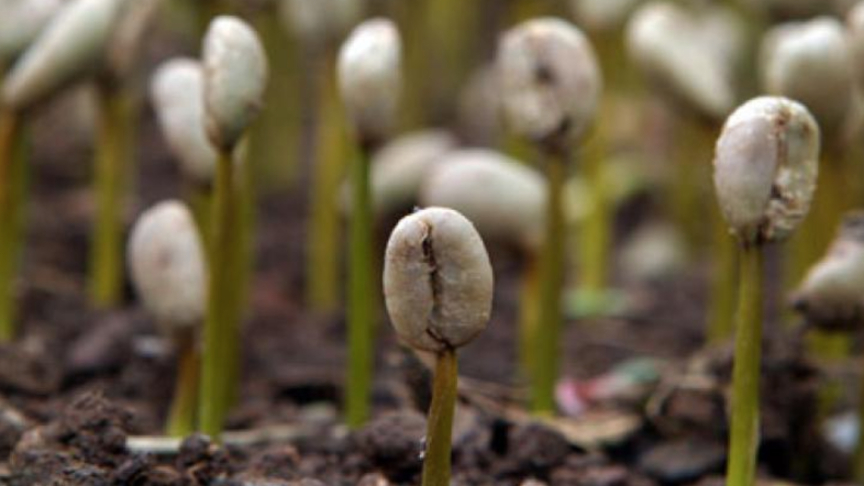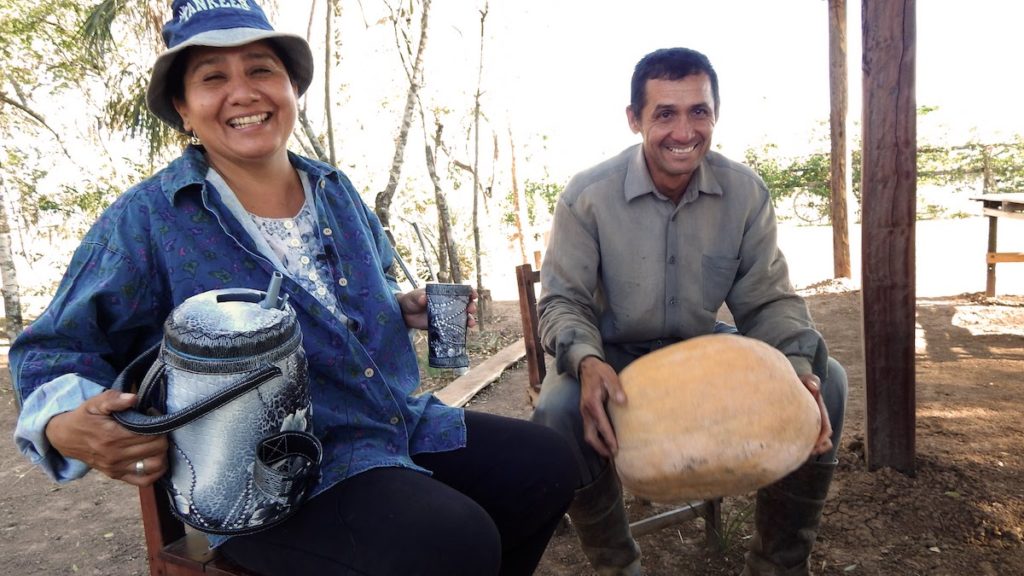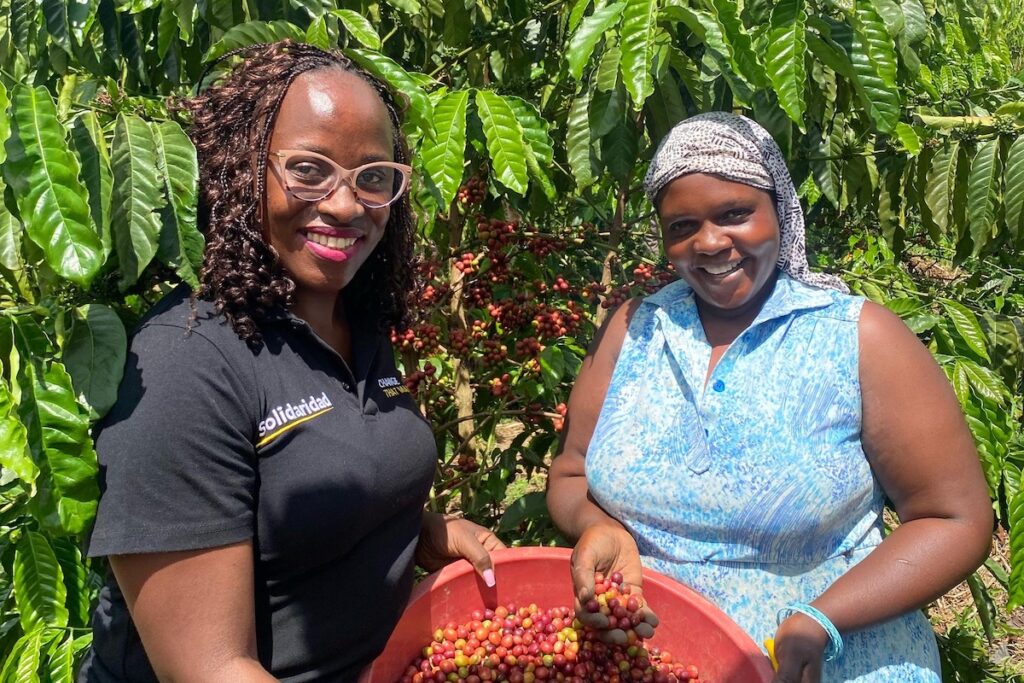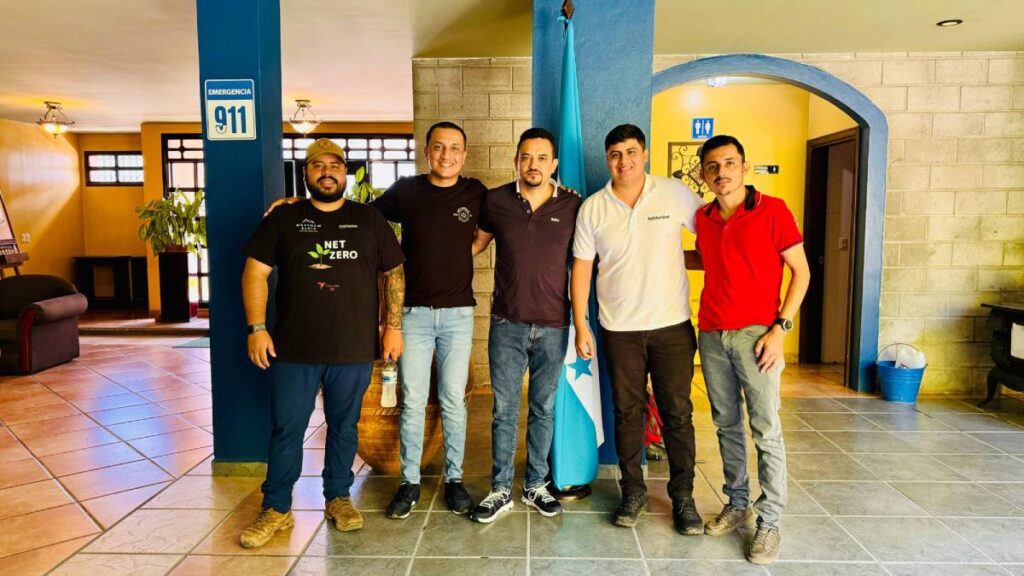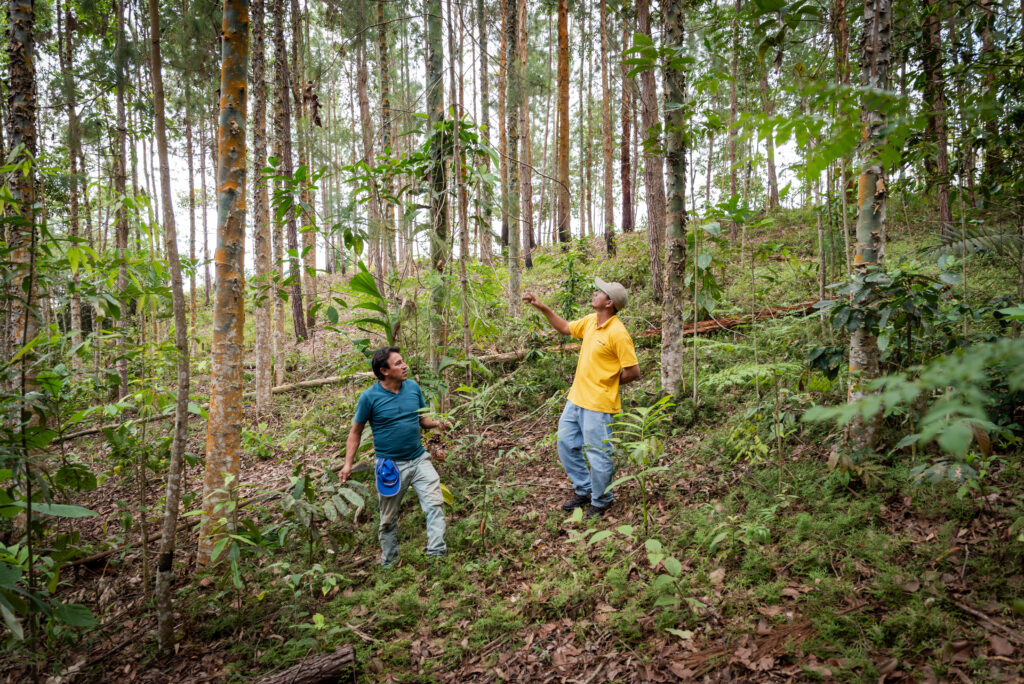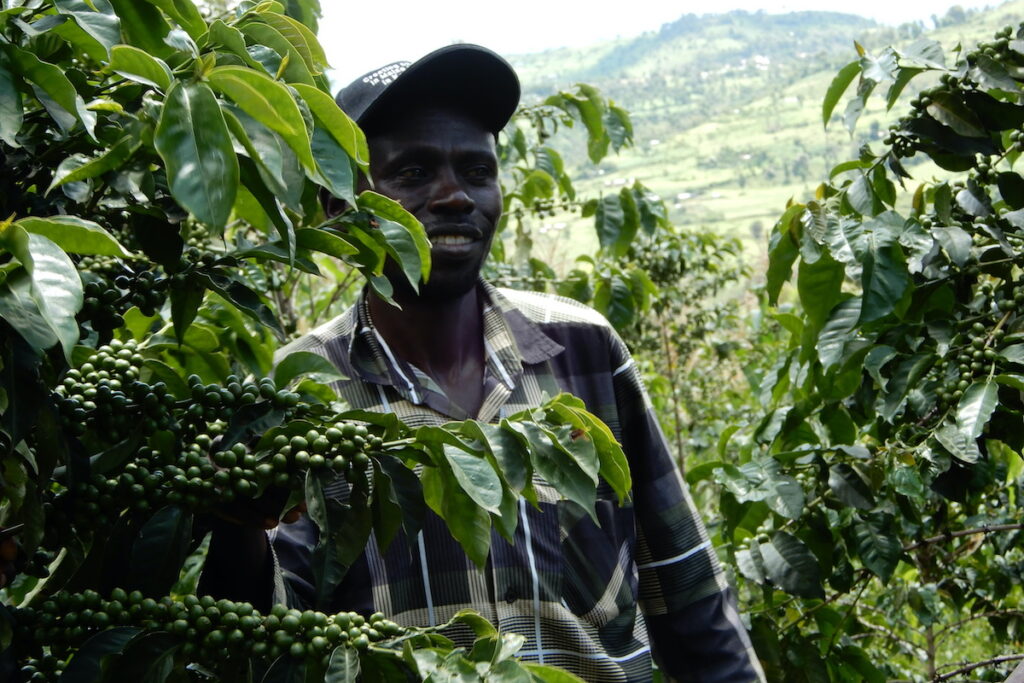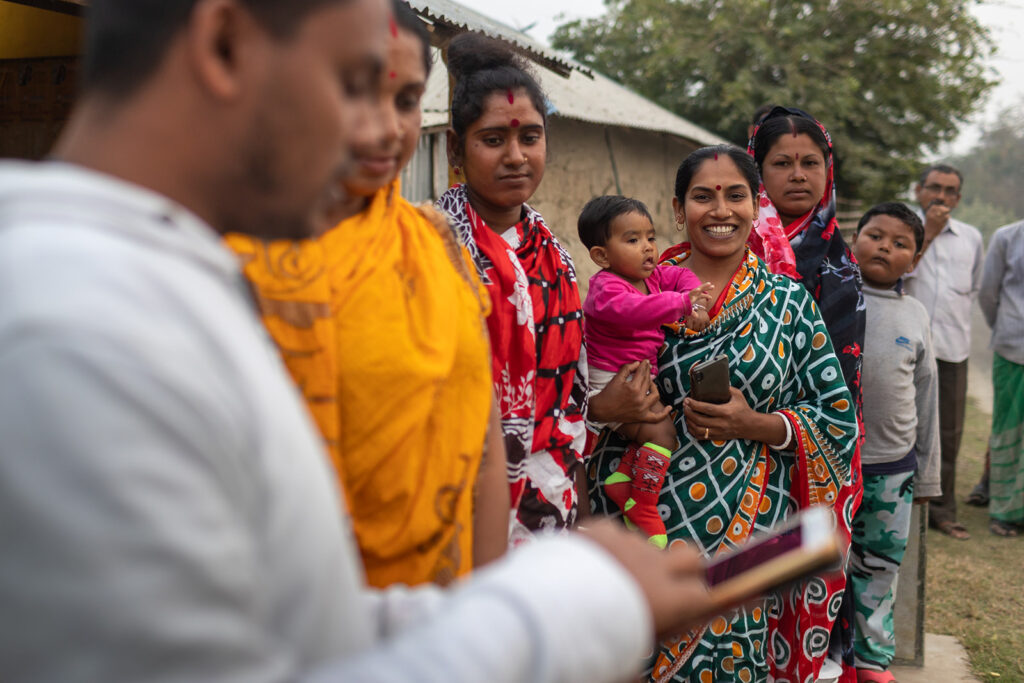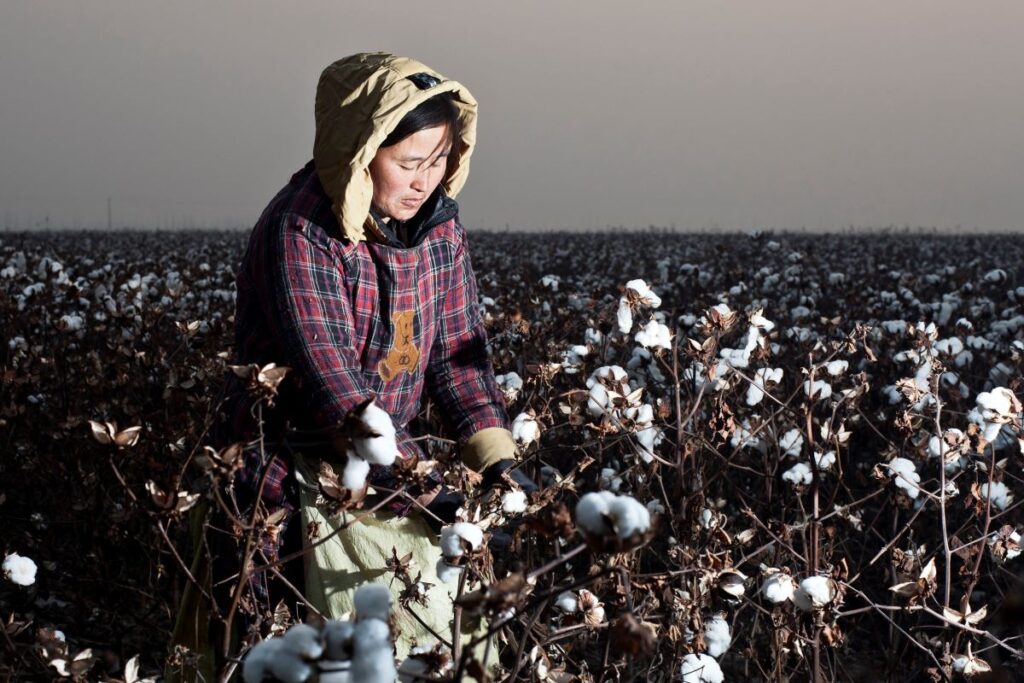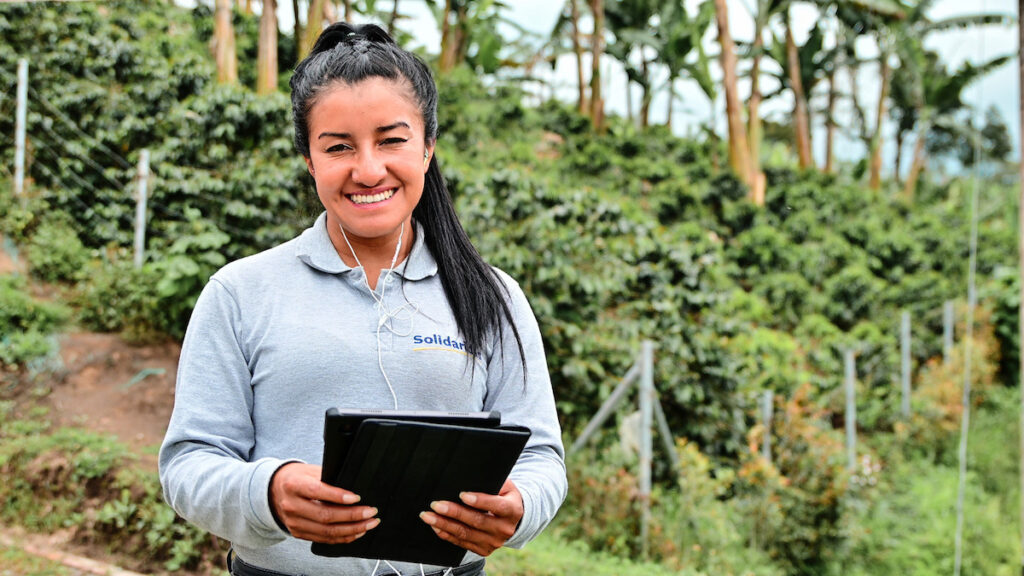If 100 smallholder farmers across sub-Saharan Africa today were asked to name the greatest challenge facing them, how many would say “greenhouse gas emissions”? Let’s be honest, probably none or only a handful, if any.
Yet, if you presented the same farmers with a similar question in relation to climate change or unfertile soils, probably you would get a handful of answers. What could be the reason? Simple, the mention of anything that relates to soil health captures their attention because it touches the core of every farmer’s business. Poor soil health is a contributor to low production and low quality.
Opportunities to increase income along with sustainable practices
Currently, there is a rush to encourage smallholder farming communities to invest in climate-smart agriculture with a goal to penetrate the vast emerging carbon trading opportunities. What is there not to love about the idea that farmers can adopt simple good practices that store carbon and earn additional income as part of their business-as-usual activities?
Worldwide, there are 68 carbon pricing instruments (CPIs) operating, including taxes and emissions trading systems. CPIs in operation cover approximately 23% of total global greenhouse gas emissions. According to the World Bank’s State and Trends of Carbon Pricing 2022 Report, the global average carbon credit prices increased from USD 2.49/tCO2e in 2020 to USD 3.82/tCO2e in 2021, while the volume of credits transacted in the voluntary market exceeded 362 million credits, 92% more than in 2020.
Given this momentum behind lowering emissions, herein lies an opportunity to drum up efforts that will increase the adoption and uptake of regenerative farming, and most importantly, usher in a transition to sustainable soil health practices among smallholder farmers that go beyond soil carbon projects.
It goes without saying that soils are vital carbon stores and that the carbon content of soil is a good proxy for soil health. However, if we only focused on carbon credits this would also create a narrow view of soil health practices. The Intergovernmental Technical Panel on Soils of the FAO defines soil health as “the ability of the soil to sustain the productivity, diversity, and environmental services of terrestrial ecosystems.” This definition underscores the importance of managing soil so that it is sustainable for our future generations.
The future of healthy soils should not be pegged on soil carbon credits solely. Carbon trading is definitely a welcome incentive. However, it is just one piece of the puzzle.
Only one Earth
Beyond carbon credits, healthy soils go further than meeting the immediate needs of a growing population and sustainable food production. It is really about supporting farmers to adopt soil health practices that can help improve the sustainability and resilience of their farms. Sustainability and resilience in terms of healthy local food systems, nutrition security and ecosystem services— the “triple win” approach.
Soil health practices (also referred to as regenerative practices) such as agroforestry, organic farming, use of cover crops and zero-low tillage methods do more than just capturing carbon from the atmosphere and storing it. They build organic matter, raise soil’s moisture retention capacity, make crops more resilient to extreme weather, fix nitrogen, improve water quality, and contribute to increased biodiversity.
While carbon farming credits are a welcome co-benefit, what we need even more are deliberate efforts that boost soil health investments and opportunities. This boost needs to be reflected by a growing number of governments policies— national and county —pushing for carbon markets or initiatives that have clear healthy soils management actions.
These actions could include:
- optimization of climate benefits by providing incentives, including grants, loans, evidence-based research, technical assistance, or informational materials to farmers whose management practices contribute to overall healthy soils;
- facilitate the testing and monitoring of soil health with the five foundational principles of soil health: soil armor or cover, minimizing soil disturbance, plant diversity, continual live plant/root, and livestock integration as a guide;
- public-sector subsidy programs that come in to favor commodity crops that contribute to soil health; and
- additional financial incentive mechanisms that come in to cover the outlay of resources needed by our smallholder farmers to invest in and sustain soil health practices even if the carbon drawdown projections [turn out to be] much lower than anticipated or when contractual agreements expire.
Solidaridad’s commitment to healthy soils
At Solidaridad, we remain committed to promoting sustainable practices with a key focus on improving soil health and management practices for sustainable supply chains.
Through our Danida Market Development Partnerships funded Traceable Organic Coffee from Kenya (TRACE Kenya) and the new Dutch Postcode Lottery-funded From Climate Victims to Climate Heroes projects, we are working with farmers in the coffee value chain to increase soil productivity and organic matter. More importantly, we are delivering targeted interventions to address the amount of carbon reduced in the soil through our management practices to contribute to a healthy and nutritious lifestyle in the communities we work with.
By aligning our programming with the five foundational soil health principles mentioned above, we strive to improve soil productivity, increase soil organic carbon, protect natural resources, and increase greener lifestyles while facilitating smallholder farmers to tap into the growing carbon markets. Through our strategic partnerships with key stakeholders, including soil management practitioners, advisors, carbon market actors and especally farmers, we continue to underscore the importance of soil health and how it helps deliver ecosystem functions.
Our rallying call
Let us not be fixated solely on the carbon market. Rather, let’s embrace a holistic approach that considers climate-smart agriculture and healthy soils as a driver of transformative agriculture. Let’s make deliberate attempts to champion soil health management practices that will be profitable for the next generation of farmers. Let’s champion policy changes and full enforcement of those policies. Let’s promote management of organic soils and focus on soil organic carbon for carbon credits.

